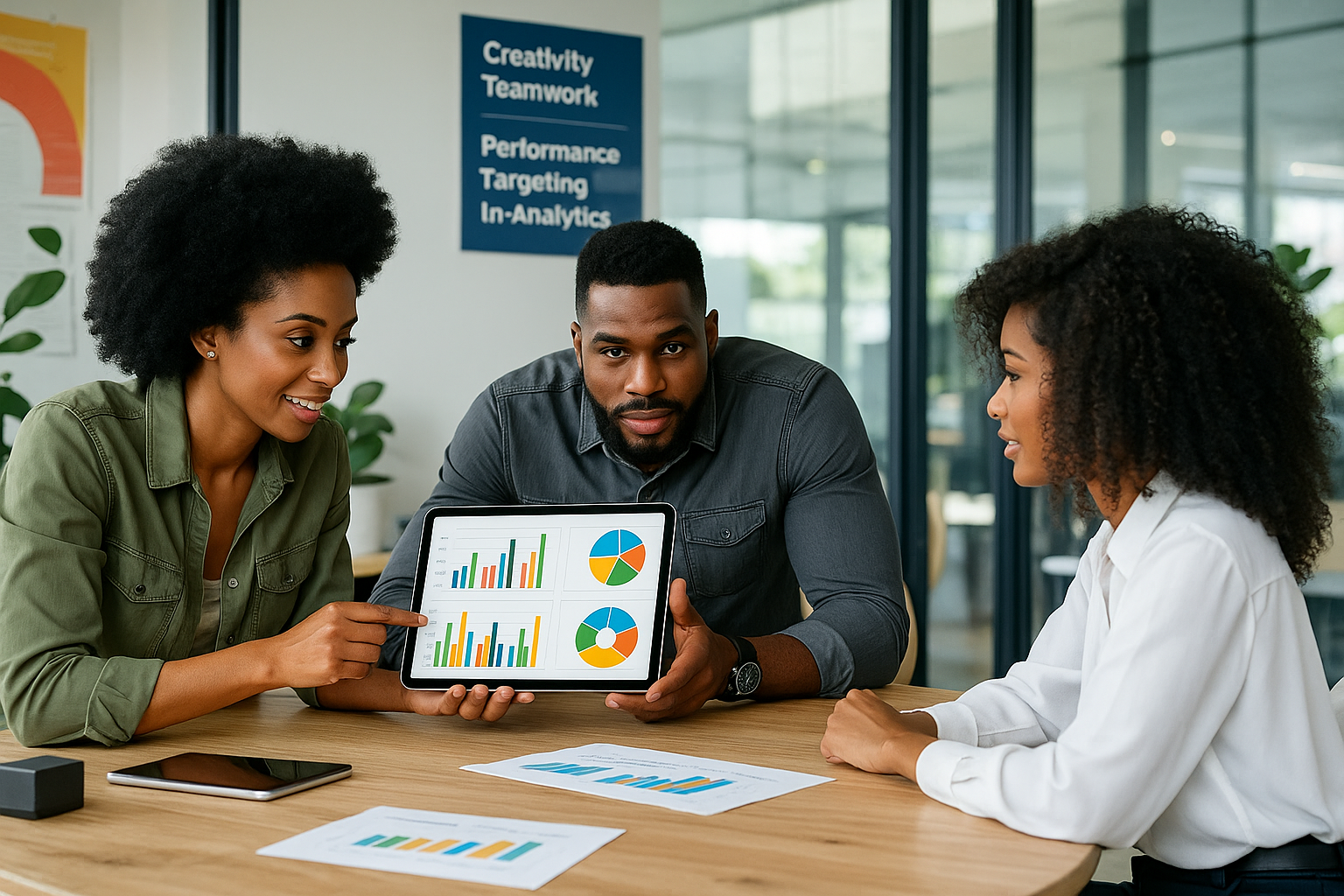How Google’s AI Overviews Are Changing Pay-Per-Click Advertising
Google’s integration of artificial intelligence into pay-per-click (PPC) advertising is transforming how marketers manage campaigns by increasing precision and efficiency. AI-driven tools like Smart Bidding and Responsive Search Ads automate bid adjustments and tailor ad creatives in real time, responding to user intent with greater accuracy. These advancements improve targeting and provide deeper performance insights, enabling data-informed decisions that enhance return on investment while controlling costs.

Recent updates in 2025, including AI Max for Search campaigns and AI-powered ad shifts, further automate complex campaign elements and dynamically adapt strategies. This shift requires advertisers to focus more on creativity and strategic oversight as AI manages routine optimization. At the same time, AI-driven PPC introduces challenges such as increased competition and ethical concerns around data use and transparency. Understanding these changes is essential for maintaining a competitive edge in digital advertising.
The Evolution of PPC Through Google’s AI Innovations
Google’s AI advancements have introduced automation and intelligence that significantly change PPC mechanics. Smart Bidding uses machine learning to analyze signals like device type, location, time of day, and user behavior, adjusting bids in real time with precision. This reduces the need for manual bid management, allowing advertisers to concentrate on broader strategy and creative development. The result is more efficient budget allocation targeting users most likely to convert, reducing wasted spend and improving campaign performance.
Responsive Search Ads demonstrate AI’s impact on ad creation by automatically testing combinations of headlines and descriptions. These ads adapt dynamically to match user intent and search queries, enhancing relevance and engagement as AI identifies the most effective messaging for different audience segments. The 2025 introduction of AI Max for Search campaigns adds advanced predictive models that anticipate user needs and adjust campaign elements proactively, helping advertisers stay ahead of consumer behavior shifts without constant manual input.
While automation handles routine tasks, the human role shifts toward creativity and strategic oversight. Crafting compelling narratives and unique value propositions becomes essential to stand out amid increased competition driven by AI efficiency. Ethical considerations around data privacy and transparency also require advertisers to balance granular targeting with consumer expectations and regulatory compliance.
Recent Google Ads updates emphasize AI-powered ad shifts that modify ad elements based on real-time performance data. This capability enables campaigns to respond instantly to market changes, competitor activity, and user trends, making PPC more agile. Advertisers who combine AI tools with strong creative vision are better positioned to maximize ROI and sustain growth in a competitive environment. Success depends on blending human intuition with machine precision to unlock AI-driven PPC’s full potential.
The Impact of Google’s AI Overviews on PPC Visibility
Google’s AI Overviews synthesize information from multiple sources to deliver concise answers directly within search results. This format often pushes paid ads and organic listings further down the page, reducing the space where advertisers typically capture user attention. Consequently, click-through rates may decline, competition for premium ad spots intensifies, and cost-per-click can increase, demanding more strategic bidding approaches.
The presence of AI Overviews varies by industry. Healthcare experiences significant AI summaries even on branded searches, complicating brand control and messaging. Retail and travel sectors encounter AI Overviews mainly on broader, informational queries, while finance and automotive industries see these summaries influencing different stages of the buyer’s journey. Recognizing these patterns helps advertisers tailor strategies to maintain visibility and authority amid shifting search result dynamics.
Google’s ongoing enhancements, such as AI Max for Search campaigns and AI-powered ad shifts, automate campaign management by anticipating user intent and adjusting bids and creatives in real time. These tools reduce manual workload but raise the importance of creativity and ethical data practices. Advertisers who combine AI’s analytical power with thoughtful, audience-centered storytelling will better navigate the complexities introduced by these changes.
Frequently Asked Questions About Google’s AI Overviews and PPC
How do AI Overviews affect click-through rates?
AI-generated summaries provide direct answers on search pages, often reducing the visibility of traditional ads by pushing them lower. This shift requires advertisers to rethink bidding strategies and focus on crafting ads that stand out despite reduced space.
Which industries are most affected by AI Overviews?
Healthcare sees a strong presence of AI summaries even on branded searches, which can dilute brand authority. Retail and travel sectors encounter AI Overviews on broader queries, while finance and automotive industries experience them at various buyer journey stages. Understanding these differences helps tailor campaigns for better relevance and visibility.
How can advertisers balance AI automation with human creativity?
While AI manages bid adjustments and ad testing, human input remains vital for developing compelling narratives and ethical data practices. Leveraging AI’s analytical capabilities alongside audience insight is key to creating campaigns that resonate and build trust.
What ethical considerations arise with AI-driven PPC?
Transparency around data use and respect for user privacy are increasingly important as AI processes large amounts of information. Advertisers must comply with regulations and maintain consumer trust through honest data management and messaging.
Conclusion
Google’s AI Overviews and automation tools are reshaping PPC advertising by enhancing precision and efficiency while introducing challenges related to visibility, competition, and ethical data use. As AI takes on routine optimization, advertisers must emphasize creativity, strategic thinking, and transparent practices to differentiate campaigns and build trust. Combining machine intelligence with human insight will be essential for achieving meaningful results and sustaining growth in digital advertising.
Source: How Google AI Overviews Are Changing the PPC Game – Search Engine Land
“Google’s AI advancements have introduced automation and intelligence that significantly change PPC mechanics,” according to the original article by Search Engine Land.













.png)

